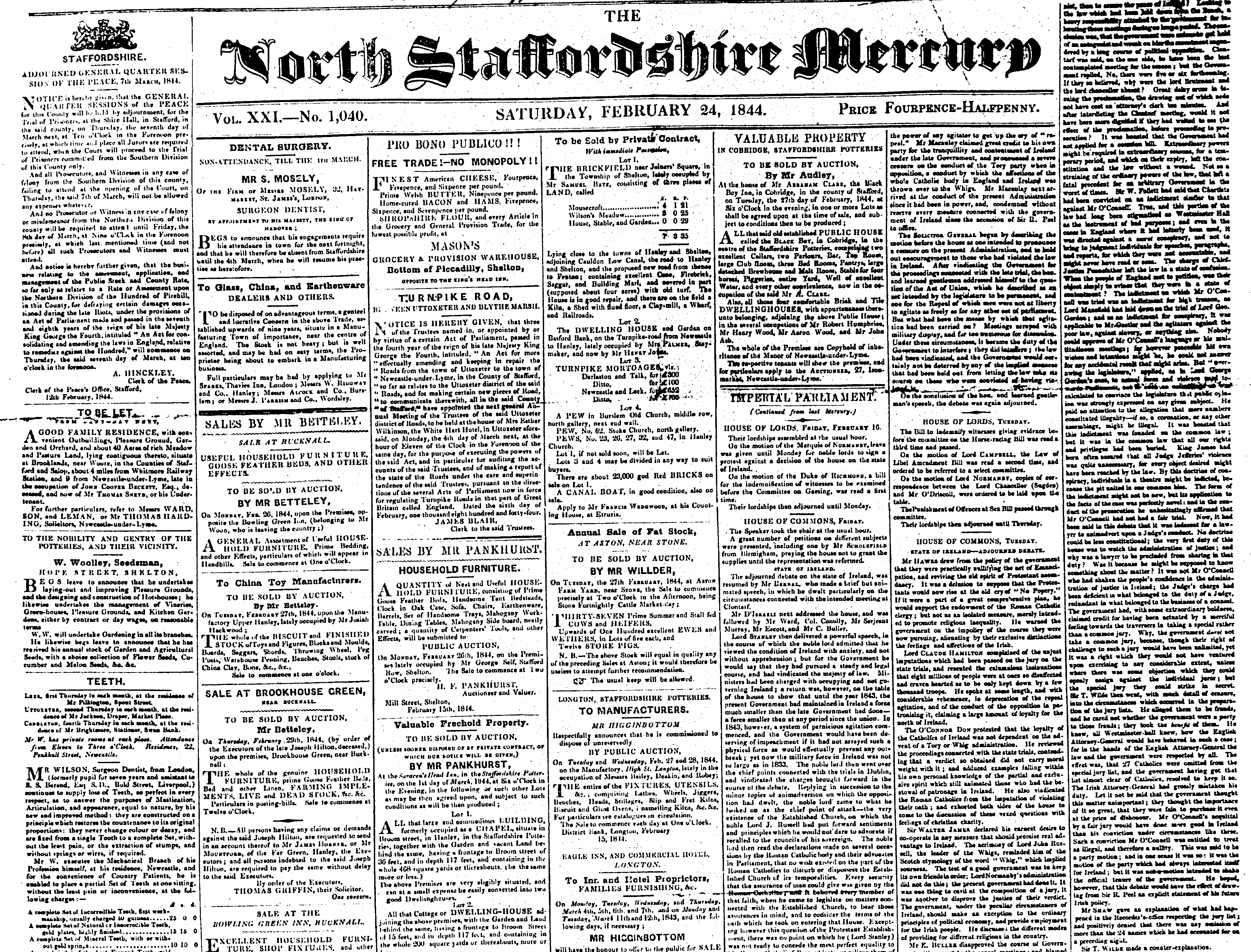This is probably the most researched article written within this archive consisting of twenty-six pages, 17,000 words with loads of photographs in support. It is a unique record of the war years of a small village called Penkhull in the Potteries and diligently records all the coming, goings and changes that occurred in the village during the second world war and frequently with the names of people involved at the time.
All the material, meticulously researched some fifty odd years ago by personal recorded interviews of residents, former members of the home guard, local pub licensee and notes taken from a running description of how the war affected the lives of those who lost loved ones as well as all the restrictions on a familiar way of life over six years from a few notes of the time written by the vicar Rev. V G Aston in the parish magazine. It’s an intimate and accurate record of the time when bombs were dropping on the village and the nearby hospital, the antics of the home guard from their lookout from the church tower in the centre of the village.
It records sad times as the first boy from the village who was killed in the war returned and his coffin brought into church in the middle of Evensong, a heart rendering experience repeated so many times, each with the pain of loved ones evident. Occasionally news arrived from soldiers from the village who sent cards home to say that they were OK or had now become prisoners of war. In many cases the news of events was difficult to put into words. The study looks at the almost daily how life changed following the announcement that we were at war which was listened too in a packed church that very morning at 11 a.m.
The effects of food rationing, street lighting, distribution of gas masks and all other restrictions on schools, football matches, and cinema opening and loads more. This short history is true reflection, probably the only major contribution to the history of the war as seen through the eyes of local people and now compiled directly from my original studies held over for eighty years. Now it could be the last ‘VE Day’ event for all to share and so bring to life my studies of yesteryear for all to read and understand just how the effects of war changed life and priorities is now a read for everyone.
por 20 – The poor conditions for vagrants
£2.00Under the Poor Law of 1834 there were no benefits it was simply if you had no money, no home, no job you would apply to be admitted into a workhouse. The objective was to enforce the worst conditions they could in the hope that those desperate would do anything to remain out of the workhouse. Here families were separated by gender and a minimum age necessary for the maintenance of ‘decency’ whereby children were segregated from adults in order to dissuade them from a life of indolence and mendicancy and kept from what was considered ‘sluggish sensual indolence’.
Vagrants or casuals were travellers from town to town, perhaps we could call tramps. The 1834 Act was designed to stem the drain of resources as a deterrent, but vagrants dominated the flow of poor inmates. In 1837 workhouses became obliged to provide temporary overnight shelter for any destitute person, forcing guardians to arrange special accommodation for this category. Initially, vagrants were housed in infectious wards, stables and outhouses anywhere until purpose built vagrant wards were built at the edge of the main workhouse site, frequently having its own access from the highway to avoid contamination with other inmates.
Vagrants would arrive late in the afternoon waiting for admission and their personal belongings removed. The number of beds available for vagrants was frequently limited and late-comers found themselves turned away. In better-regulated wards, they were stripped, bathed and their clothes disinfected, and a bread and water supper were served.
This was the way in which people were treated if they became a burden upon the parish and in turn taxed the local residents based upon the value of their home. Many think the of survival today with increasing costs everywhere, but in reality, nearly two hundred years ago life then was beyond imagination. Read more about times then for those who had nothing except the clothes they stood up in. Yes, the poor law did make some difference to those who came knocking but inside you were treated less than human.













Reviews
There are no reviews yet.